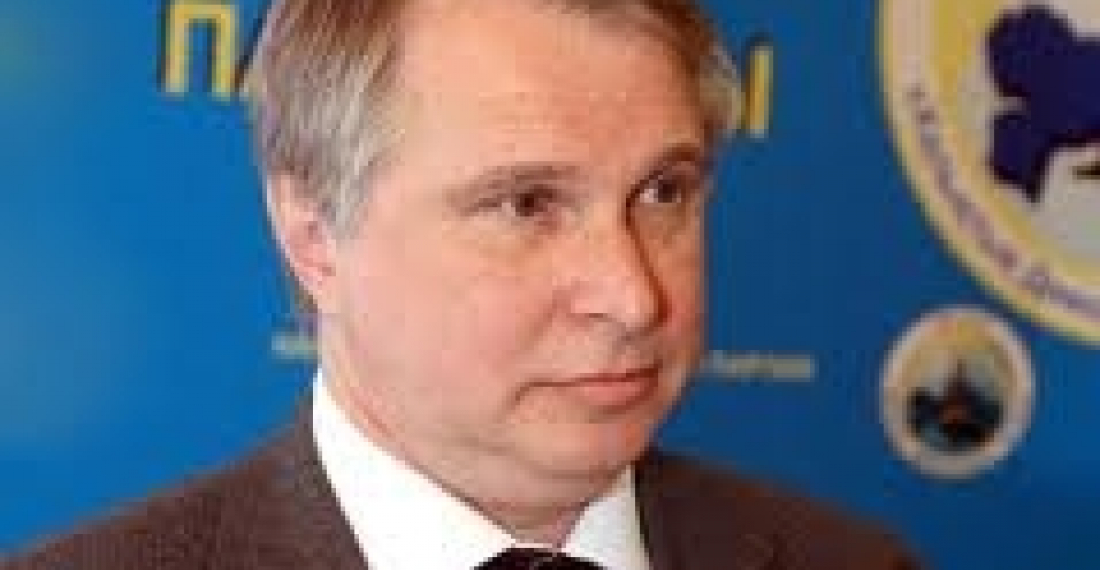На сегодня сложился определенный статус-кво, который многие сравнивают с конфликтом между Израилем и Палестиной. У нас с 1967 года установилась разделительная "зеленая линия", которая поддерживается до сих пор. Аналогичная ситуация и в Нагорном Карабахе, где также существует линия соприкосновения. То есть, все, более-менее как-то определено. Об этом в интервью АрмИнфо заявил директор Института стран Восточной Европы и СНГ в Тель-Авиве, депутат Кнессета XV созыва, доктор Александр Цинкер.
"Однако, у меня складывается такое мнение, что как это было в ходе переговоров палестинских и израильских лидеров, на которые они приезжали ради галочки, не собираясь о чем-то договариваться, так и сегодня не собираются о чем-то договариваться и стороны НКК. Поскольку для армянской стороны неприемлема азербайджанская позиция, а для азербайджанской - армянская, а сторону, которая пойдет на малейший компромисс, будут считать проигравшей. У меня такое ощущение, что если бы основные страны, определяющие геополитику в регионе, в лице США, России и ЕС, выработали единый подход к решению этой проблемы, то в результате дипломатического продавливания с их стороны Армения и Азербайджан, с определенными поправками, могли бы найти взаимоприемлемое решение конфликта", - заметил он.
Без этого консенсуса, по мнению политолога, ничего не изменится, во всяком случае, предпосылок для его появления он не видит. И в случае Израиля с Палестиной, и в случае Армении с Азербайджаном сторонам, по мнению Цинкера следует понять, что без компромисса в том или ином виде решение проблем невозможно. Баку, к примеру, должен понять, что есть территории, которые не будут принадлежать Азербайджану. Армянская же сторона должна понять, что существующая территориальная конфигурация также вряд ли способна стать окончательным вариантом урегулирования конфликта.
"При этом, пока на переговорах не будут участвовать представители Нагорного Карабаха, решить этот вопрос будет очень сложно. Почему, к примеру, Приднестровье участвует в подобном процессе, а Карабах нет. Отсутствие главного участника конфликта за столом переговоров превращает их в обычную профанацию. К сожалению, решение проблемы в ближайшее время не предвидится, поскольку такие страны как США, Россия и Франция, проявляющие активность на переговорах, будут заняты решением своих внутренних вопросов, связанных с подготовкой и проведением у них президентских выборов", - подытожил Цинкер.







